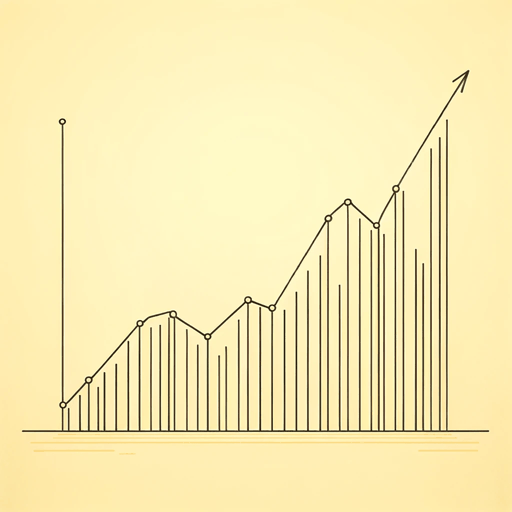52 pages • 1 hour read
Jeff OlsonThe Slight Edge: Turning Simple Disciplines into Massive Success and Happiness
Nonfiction | Book | Adult | Published in 2005A modern alternative to SparkNotes and CliffsNotes, SuperSummary offers high-quality Study Guides with detailed chapter summaries and analysis of major themes, characters, and more.
Background
Genre Context: The Self-Help Genre
The self-help genre is crowded with many titles on self-improvement, manifestation of dreams, and habit creation methods, but Olson’s approach to the genre situates The Slight Edge as essential reading without placing it in competition with other similar works. Olson frequently acknowledges the foundational works his ideas build upon and uses the self-help books written by others as a gateway to expand on his own ideas. He even goes so far as to compile a list of these influential works at the end and recommends them to the reader. Though Olson references many other works in The Slight Edge, he most heavily relies upon two: Ralph Waldo Emerson’s “Essay on Compensation” and Shawn Achor’s The Happiness Advantage: The Seven Principles of Positive Psychology That Fuel Success and Performance at Work.
Ralph Waldo Emerson’s “Essay on Compensation” is a transcendentalist exploration of the concept of compensation. It begins with a poem and is followed by a long series of academic analysis and text, which is where Olson pulls many of Emerson’s quotes from throughout The Slight Edge. Most prominently, Olson quotes the line, “Do the thing, and you shall have the power” 







